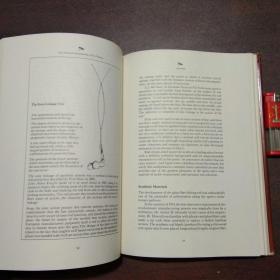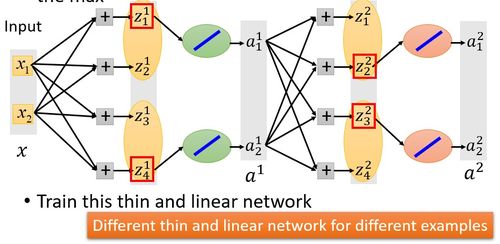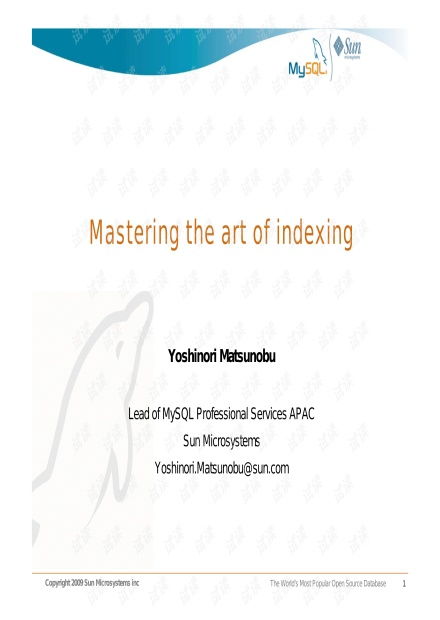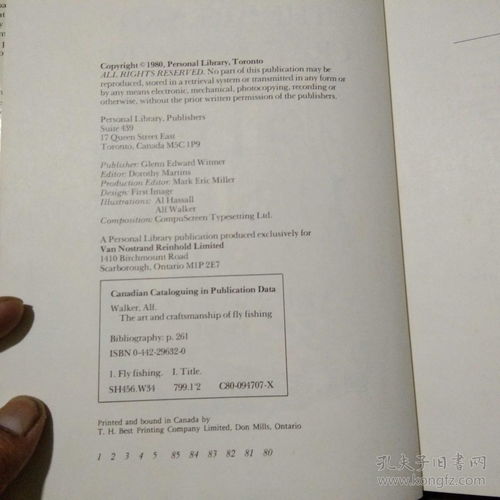Introduction: Fishing is a timeless activity that brings joy and relaxation to many. Whether you are a seasoned angler or a beginner looking to explore the world of fishing, it is essential to have a solid foundation in the basics. This article will provide you with valuable tips and techniques to help you become a proficient angler in no time.
Start with the Right Equipment: As a beginner, it is crucial to invest in the right equipment to ensure a successful fishing experience. Here are some essential items to consider:
a. Rod and Reel: Choose a rod and reel that are appropriate for the type of fishing you plan to do. Consult with a knowledgeable salesperson or fisherman to find the best option for your needs.
b. Line: Select a line that is suitable for the species you are targeting. Monofilament, fluorocarbon, and braided lines each have their advantages, so research which one is best for your fishing goals.
c. Lures and Bait: Experiment with different lures and baits to see what works best for the fish you are targeting. Start with basic options and gradually expand your collection as you gain more experience.
Learn the Basics of Casting: Casting is a fundamental skill that every angler must master. Here are some tips to help you improve your casting technique:
a. Practice Casting: Find a quiet area to practice casting without disturbing others. Start by casting short distances and gradually increase the distance as you become more comfortable.
b. Keep your Arm and Shoulder Loosely: Avoid tensing your arm and shoulder, as this can cause casting errors. Maintain a relaxed posture and use your entire body to generate power.
c. Focus on Your Target: Keep your eyes on the target and visualize the path of the lure or bait as you cast. This will help you make more accurate casts.
Understand Fish Behavior: To be a successful angler, it is essential to understand the behavior of the fish you are targeting. Here are some tips to help you gain insight into fish behavior:
a. Research the Species: Learn about the habits, preferences, and migration patterns of the fish you want to catch. This knowledge will help you choose the right bait and lures.
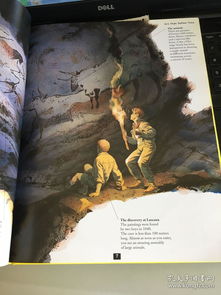
b. Observe the Water: Pay attention to the water's surface, as it can provide valuable clues about fish activity. Look for signs such as surface disturbance, bubbles, or fish jumping.
c. Adapt to Conditions: Be prepared to adjust your tactics based on weather, water temperature, and other environmental factors. Fish behavior can change rapidly, so stay adaptable.
Patience is Key: Fishing requires patience and persistence. Here are some tips to help you stay focused and patient:
a. Plan Your Trip: Set a realistic goal for the number of fish you want to catch. This will help you stay motivated and avoid frustration.
b. Take Breaks: Rest and enjoy the surroundings. Remember that fishing is a relaxing activity, and taking breaks can help you stay fresh and focused.
c. Stay Positive: Maintain a positive attitude, even when things don't go as planned. Learn from your mistakes and use them as opportunities to improve.
Conclusion: Learning the art of fishing can be a rewarding and enjoyable experience for beginners. By starting with the right equipment, mastering casting techniques, understanding fish behavior, and maintaining patience, you will be well on your way to becoming a proficient angler. Remember to always practice safety and respect the environment while enjoying this wonderful pastime. Happy fishing!
